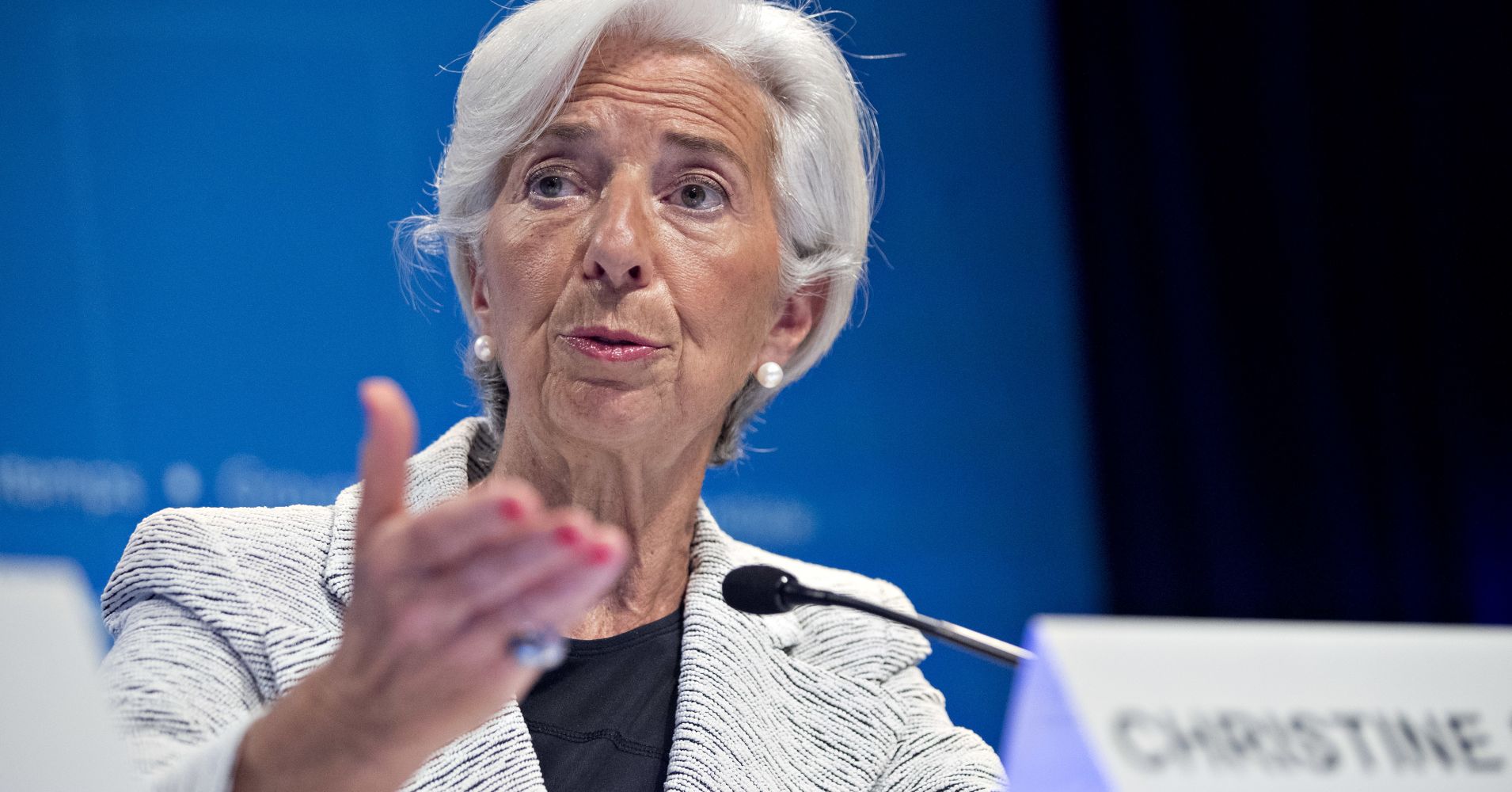IMF chief lauds Somalia’s economic reform track, upbeat on debt relief

By T. Roble
International Monetary Fund (IMF) chief Christine Lagarde has hailed Somalia’s economic reform progress noting the country was on course to debt relief in the near future.
In a statement following her meeting with Prime Minister Hassan Khaire as part of the Spring Meetings in Washington, Lagarde said Somalia had registered ‘impressive progress in building institutional capacity and implementing its economic reform program amid a continuing fragile security situation’.
The IMF managing director noted the completion of the third Staff Monitored Programme which started May 2018 to April 2019 was a major milestone paving the way for a follow-up programme fashioned to meet the requirements for debt relief threshold.
“Following satisfactory completion of the current SMP, I am optimistic that a follow-up program can be agreed that meets one of the key requirements for Somalia to reach the Decision Point under the Heavily Indebted Poor Countries (HIPC) Initiative,” Lagarde said.
“Continued strong performance, together with support from international partners, will pave the way for Somalia to receive debt relief in the near future. In this regard, I assured the prime minister of the IMF’s full support for Somalia’s efforts.”
RELATED COVERAGE: Somalia inches closer to debt relief-IMF
Major leap for Somalia as it qualifies for World Bank’s IDA financing in 30 years
IMF lauds Somalia’s fiscal reform, bullish on debt relief
Somalia to propose 2 year debt relief process in London conference
Somalia, Eritrea and Sudan are the only three countries eligible for debt relief but are yet to reach the first stage of the HIPC process.
The first step towards debt relief under the Heavily Indebted Poor Countries (HIPC) Initiative is for a country to reach the Decision Point. In this stage, a country must be eligible for World Bank’s International Development Agency which Somalia qualified for in October.
Secondly, a country must have established a track record of reform and sound policies through IMF and World Bank-supported programmes such as SMP. It should also be established that a country faces an unsustainable debt burden that cannot be addressed through traditional debt relief mechanisms.